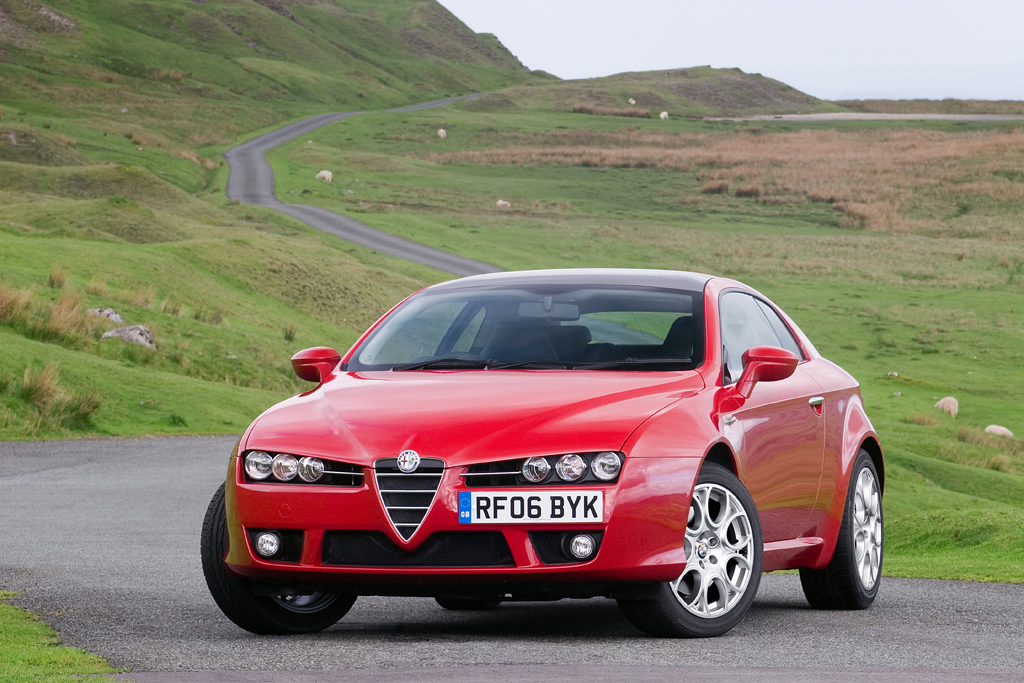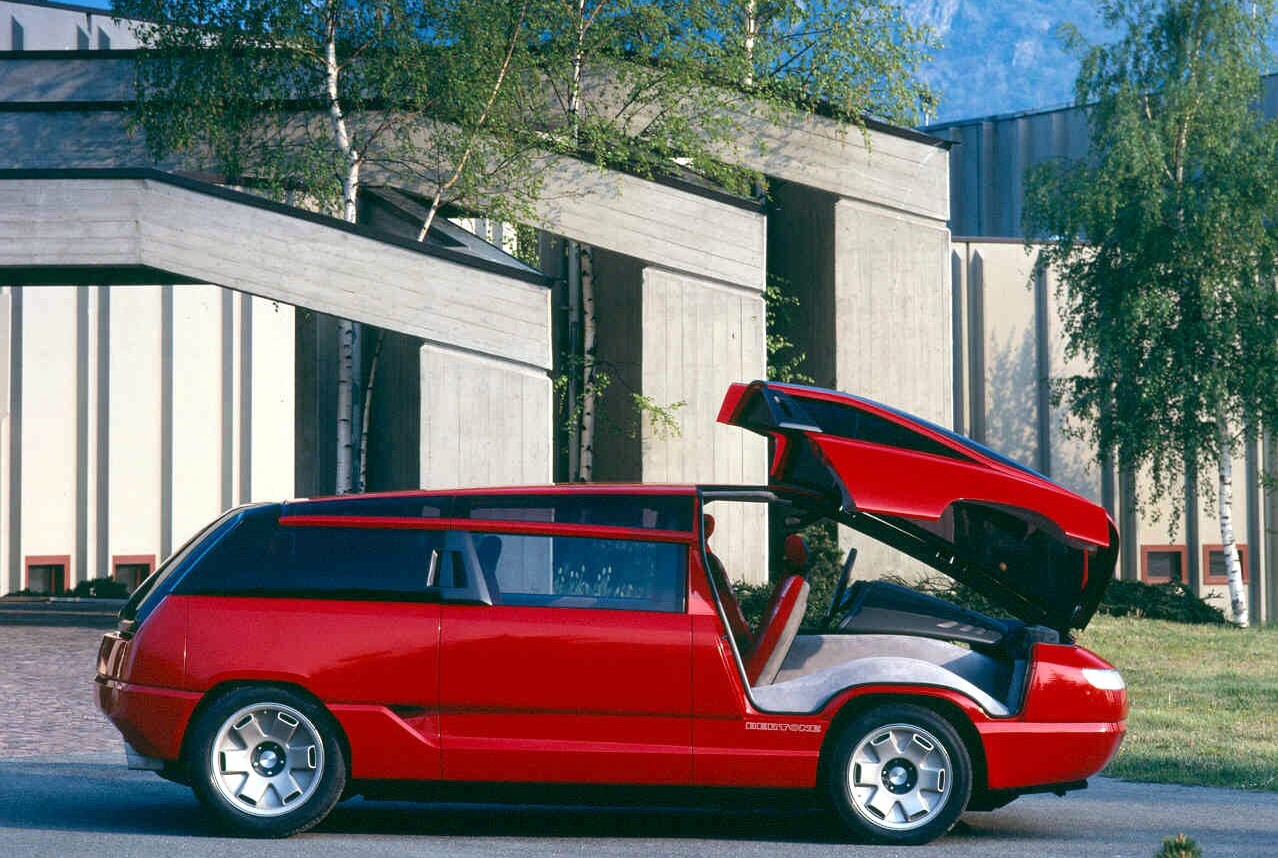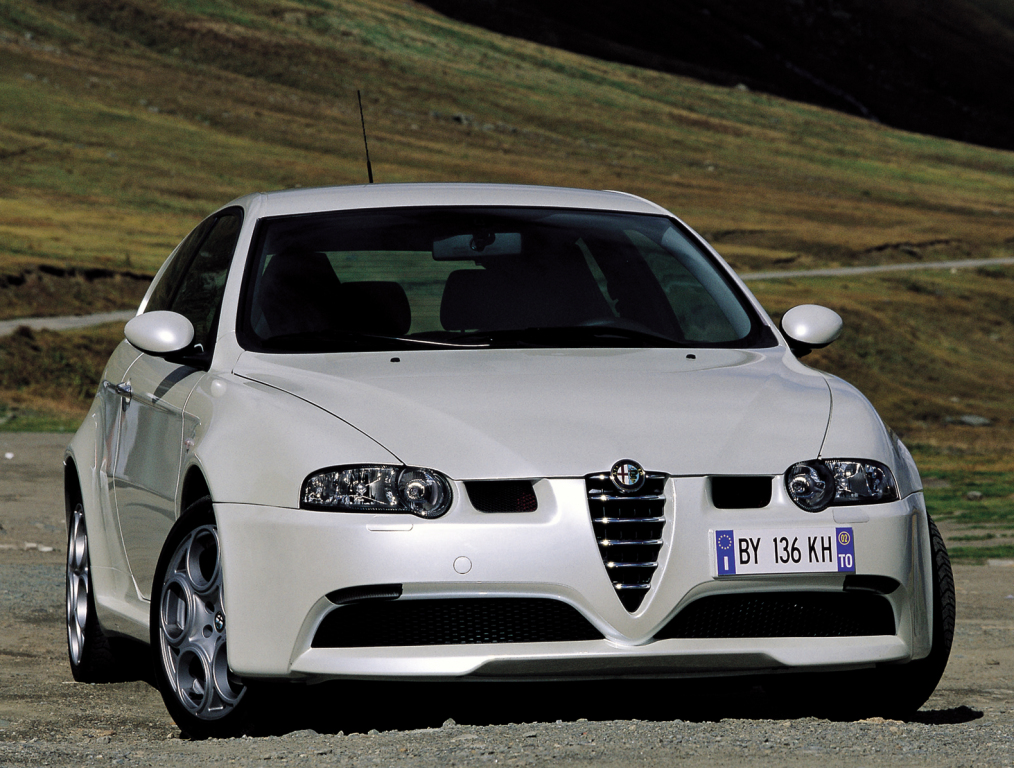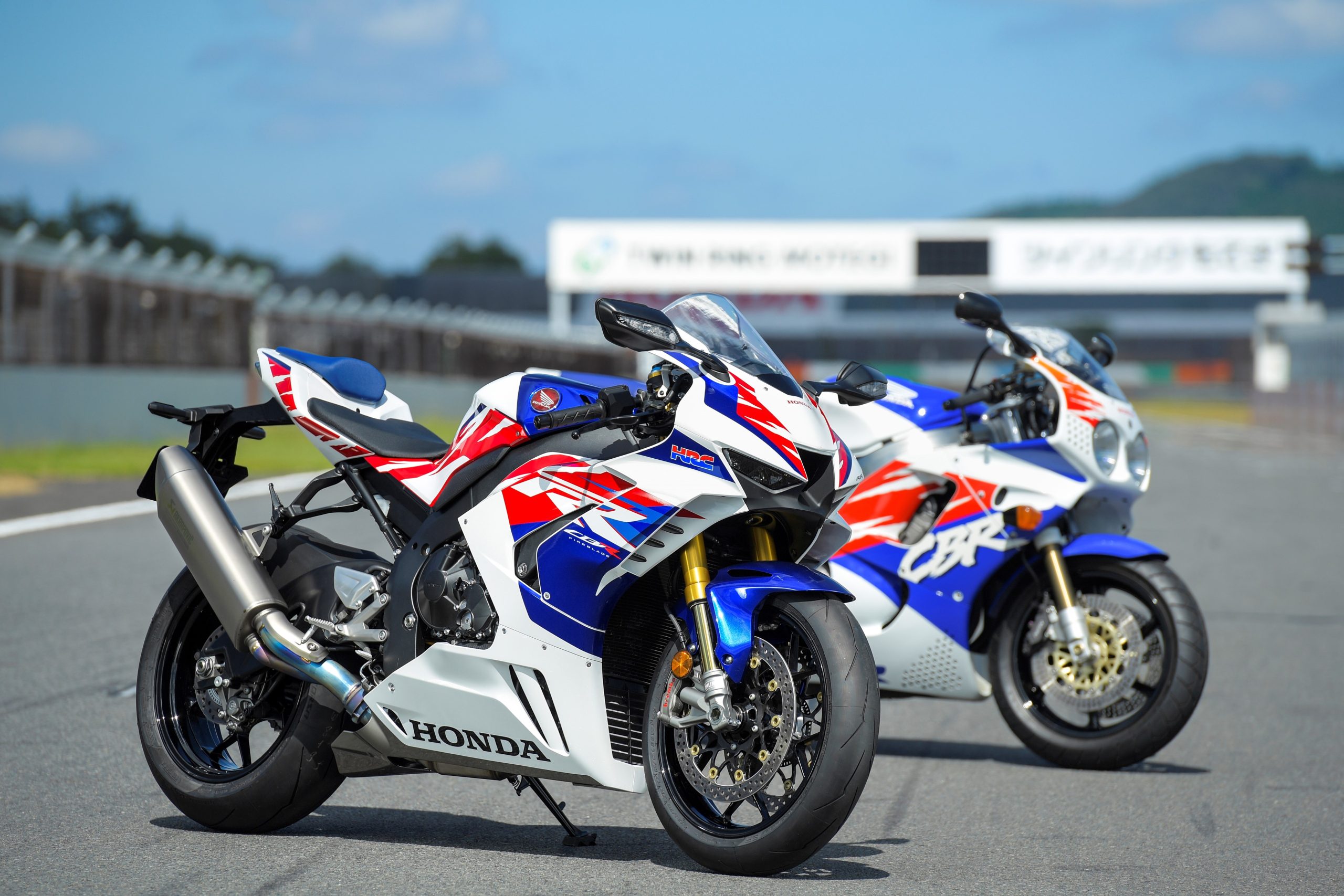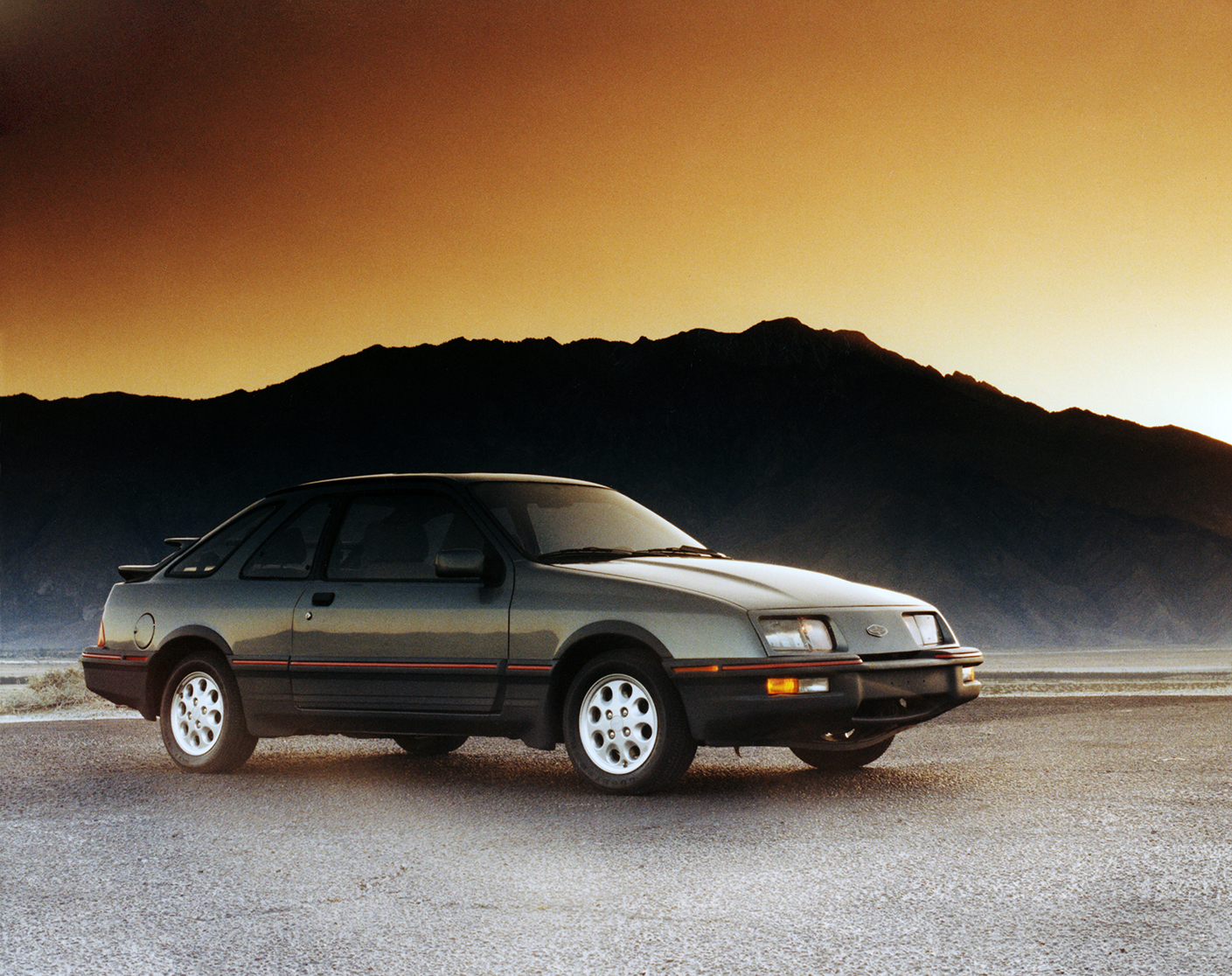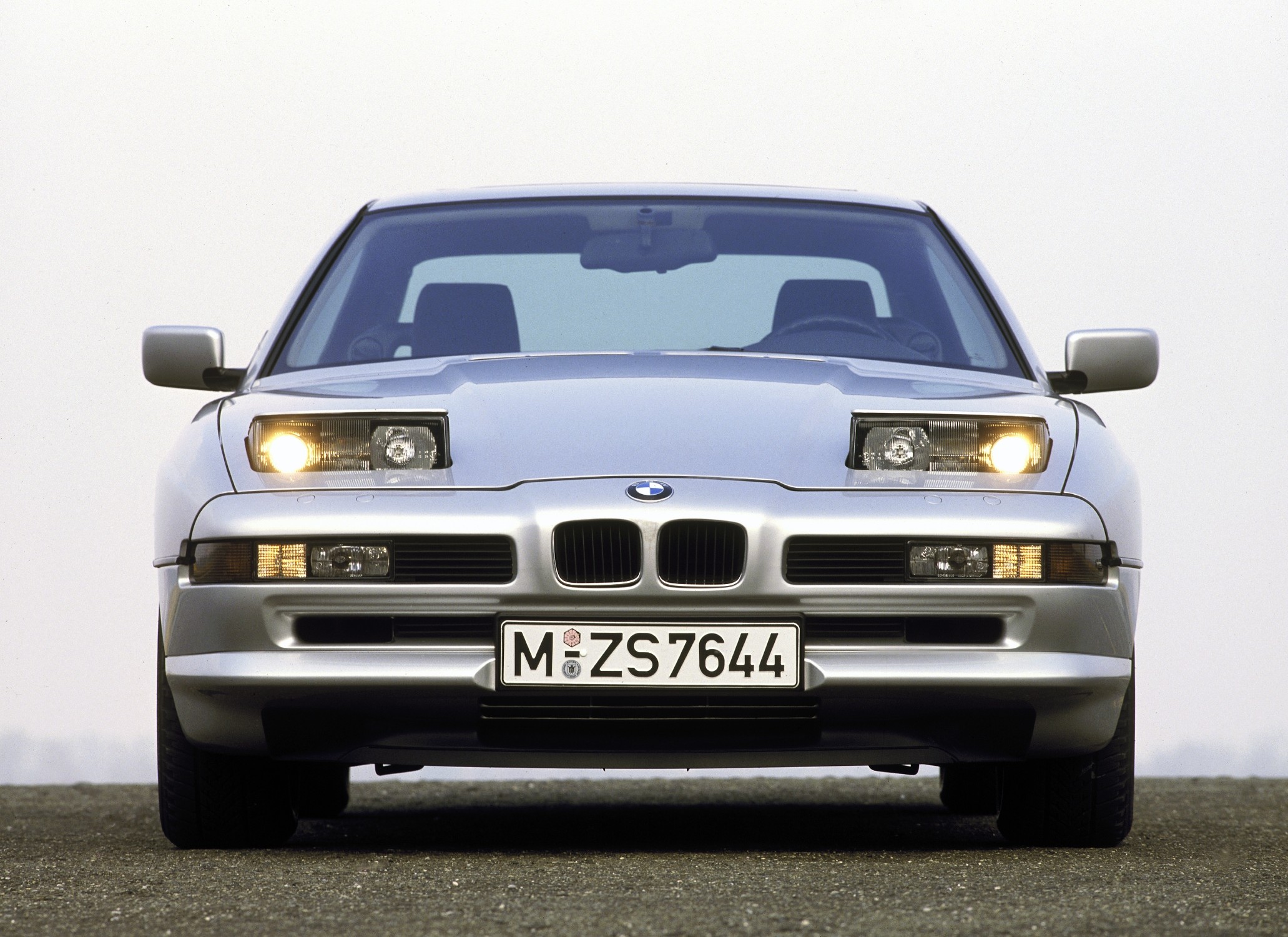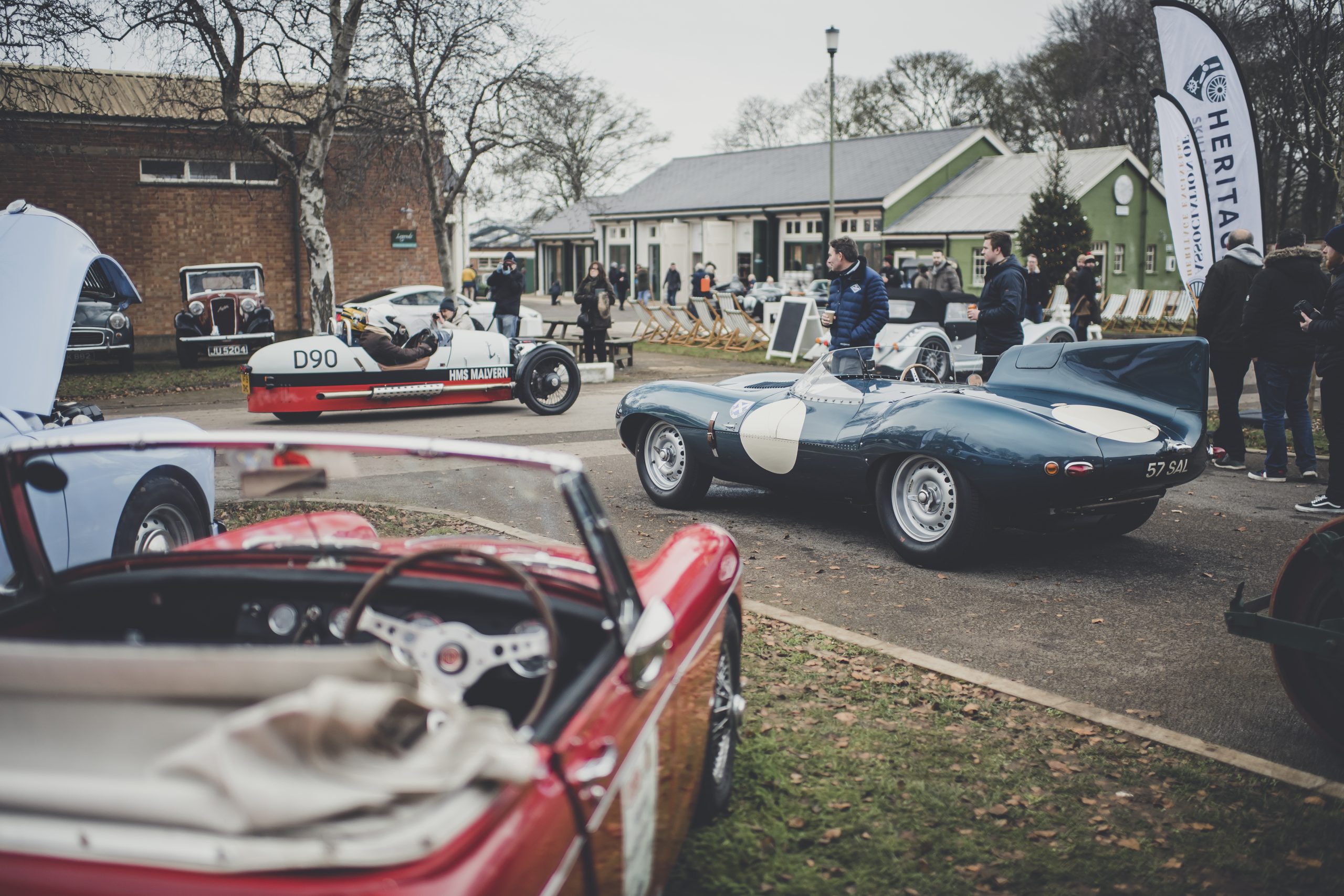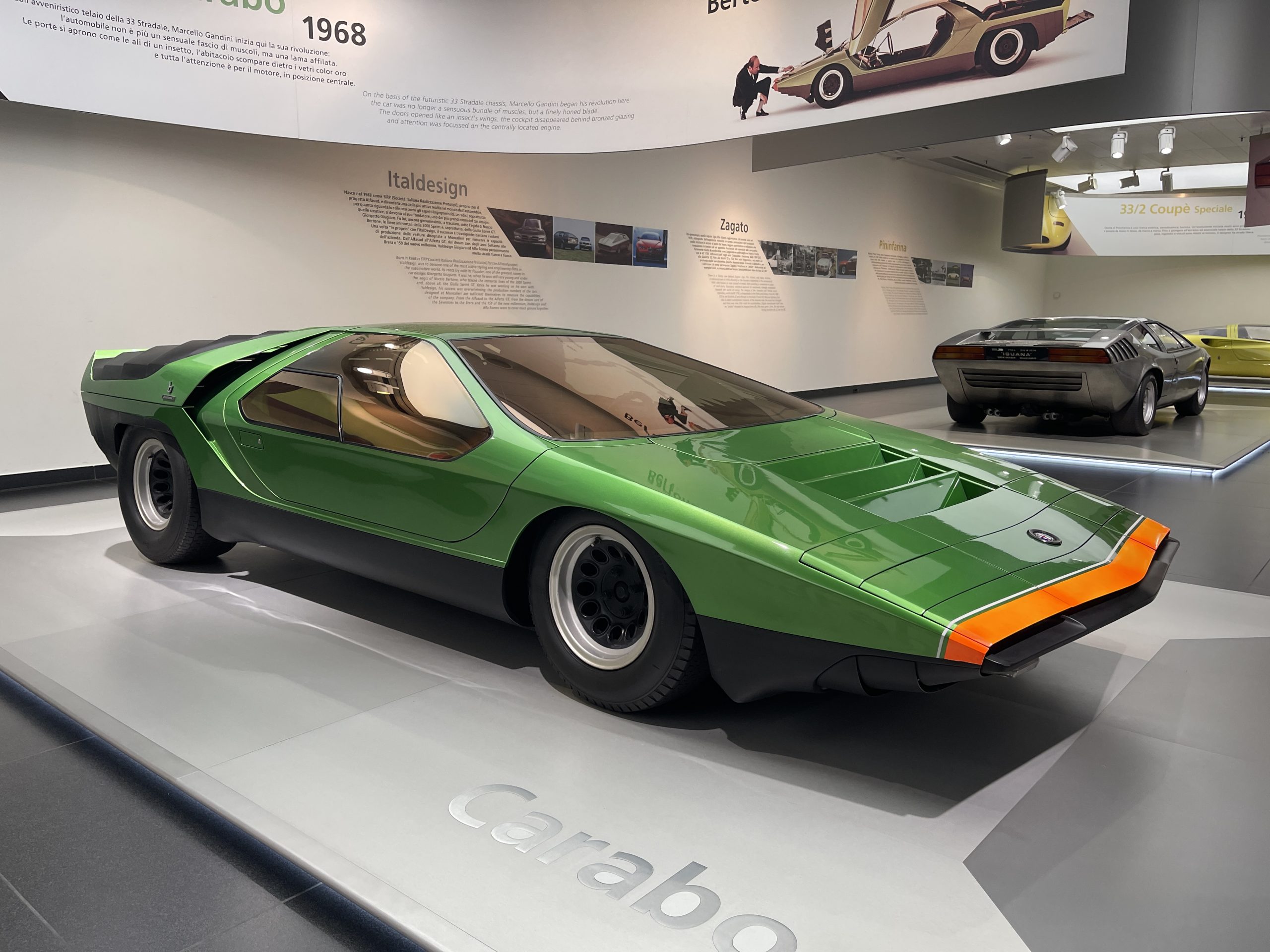Retromobile certainly wasn’t shy when it came to exceptionally rare metal this year. The event’s footprint might have been down on previous years, but around every corner was a unicorn of metal and rubber, from special-bodied Citroen SMs to McLaren F1s from across the spectrum.
One of the more curious cars however was on auction house Aguttes’ stand, offered as a private sale: the Maserati Barchetta.

On the face of it, it’s a two-seater, mid-engined racing car built for a one-make series in the early 1990s. It weighs around 700kg, and is powered by a twin-turbo V6 with 315bhp.
Sounds quite intimidating, which matched Maserati’s precarious financial state at the time. The company was in a bad way towards the end of the 1980s, and the global recession at the turn of the decade had further battered sales of luxury and specialist cars.
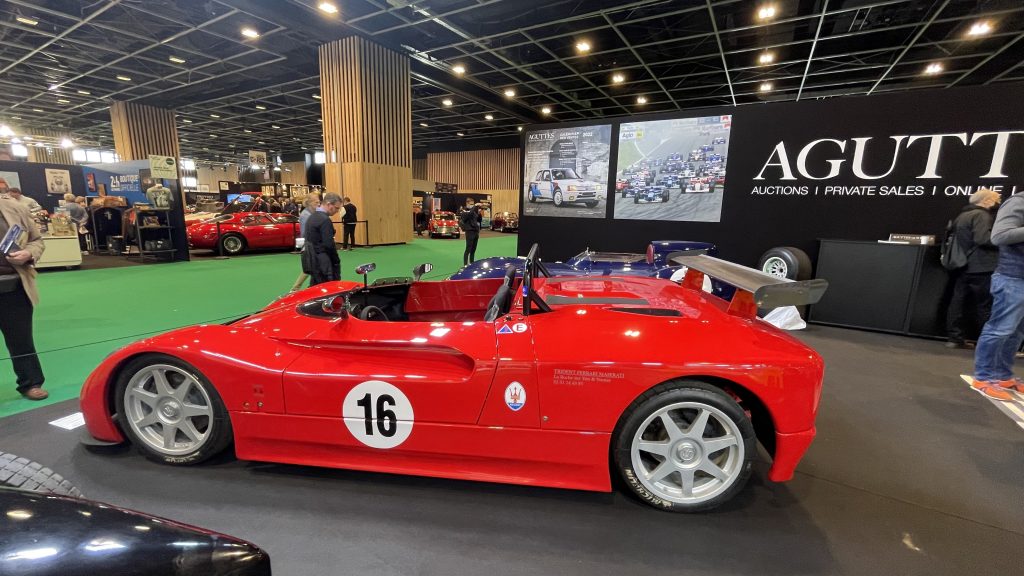
To make matters worse, in 1991 Maserati was forced to withdraw from selling cars in America. While poor customer sentiment is often cited – from high parts prices to the Biturbo’s less than stellar reliability record – blame can largely go to the huge import taxes levied on low-volume luxury car companies towards the end of the 1980s and early 1990s.
Aston Martin dodged such taxes when Ford scooped up the British firm, but when Chrysler refused to increase its stake in Maserati, De Tomaso had little choice but to withdraw from the US market, and wouldn’t return until 2002.
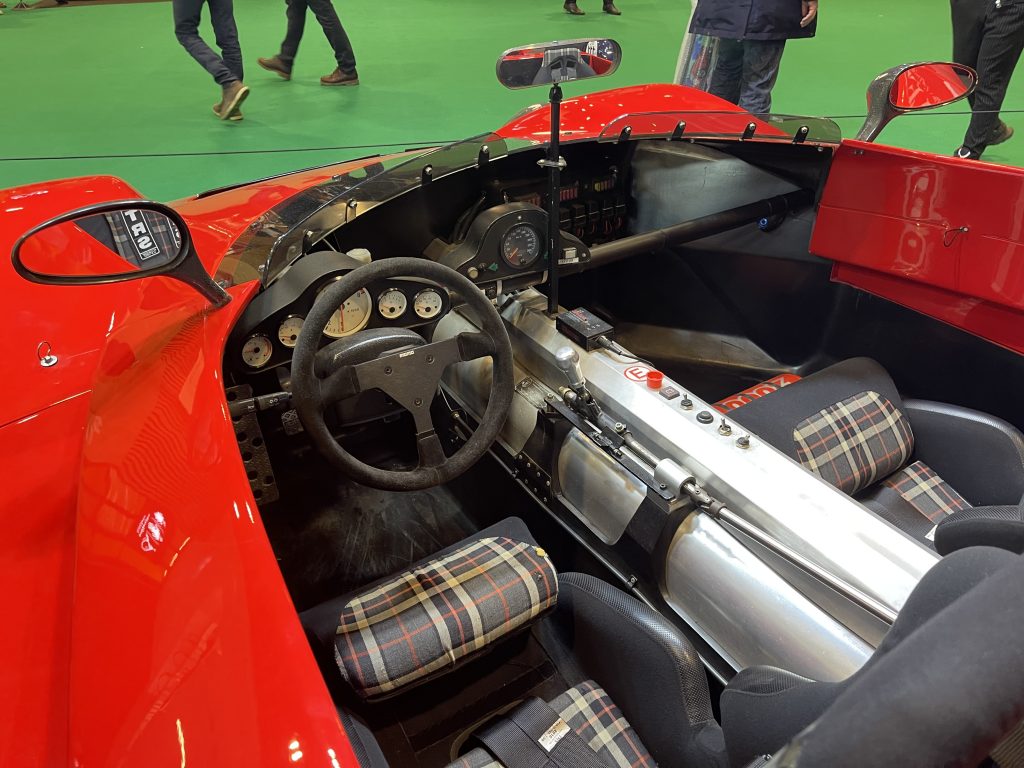
De Tomaso thought the withdrawal would be only temporary, and set about designing a racing Barchetta to evoke memories of the 350 and 450S among US Maserati enthusiasts and bring in cash and kudos. It was designed by Carlo Gaino of the Synthesis Design group, who also penned the Lancia ECV II rally car and the Alfa Romeo 155 GTA.
Unlike other Maseratis of the time it used an aluminium chassis with origins in the Chubasco supercar project that never saw the light of day, mated to a three-piece body formed from aluminium honeycomb, fibreglass and carbon-fibre layers. The result was a weight of between 640kg and 775kg (a precise figure is hard to come by), and a power-to-weight ratio somewhere near a Porsche 911 GT2.
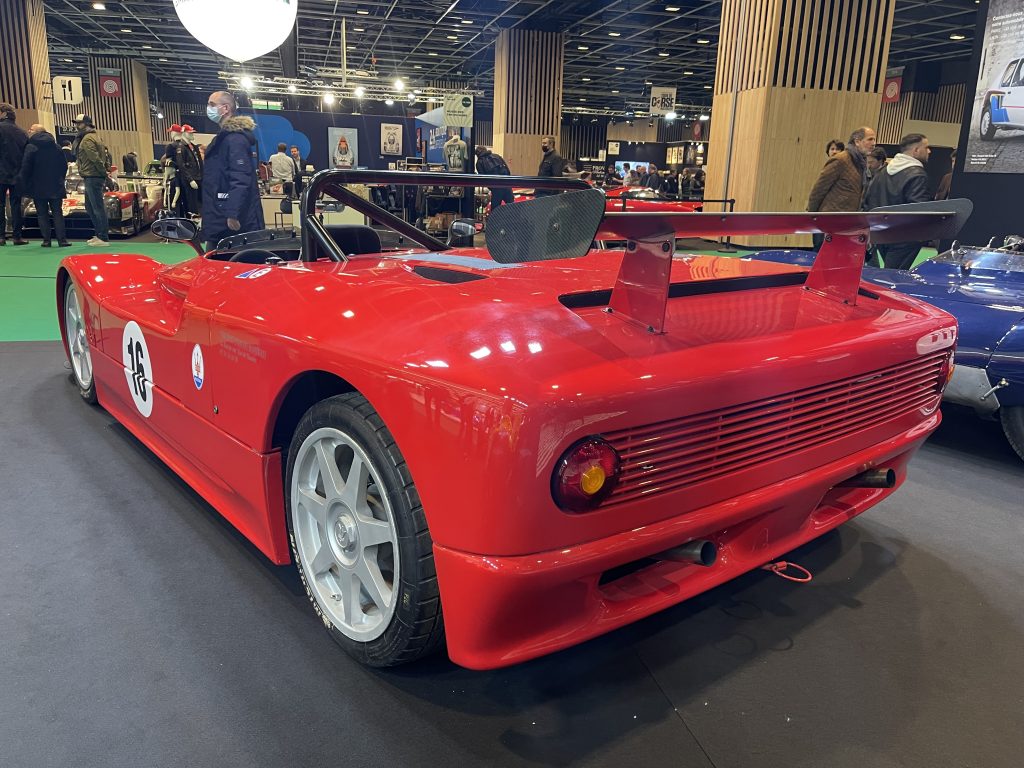
A 2.0-litre twin-turbo V6 yielded 315bhp at a peaky 7250rpm. ZF provided the six-speed manual straight-cut transaxle gearbox, while the suspension featured inboard coilover dampers and wide-angle dampers front and rear. The transmission casing also carried the rear wishbones, while the fronts were hung from a magnesium subframe. Brakes were huge (for the time) vented discs with four-pot callipers, nestling behind 18in alloy wheels.
De Tomaso planned a run of 25 cars but with the world economy struggling and conspicuous consumption hardly fashionable, Maserati struggled to sell the idea and just 17 were built. The series, Grantrofeo Monomarca Barchetta Maserati had a bit of a false start too, with just six entrants – future BTCC racers Jan Lammers and Giampiero Simoni, as well as GT racers Cor Euser and Thomas Bscher among them. Still, the cars proved very reliable, and the series expanded to ten events for 1993, with races in The Netherlands and Denmark, as well as Italy.
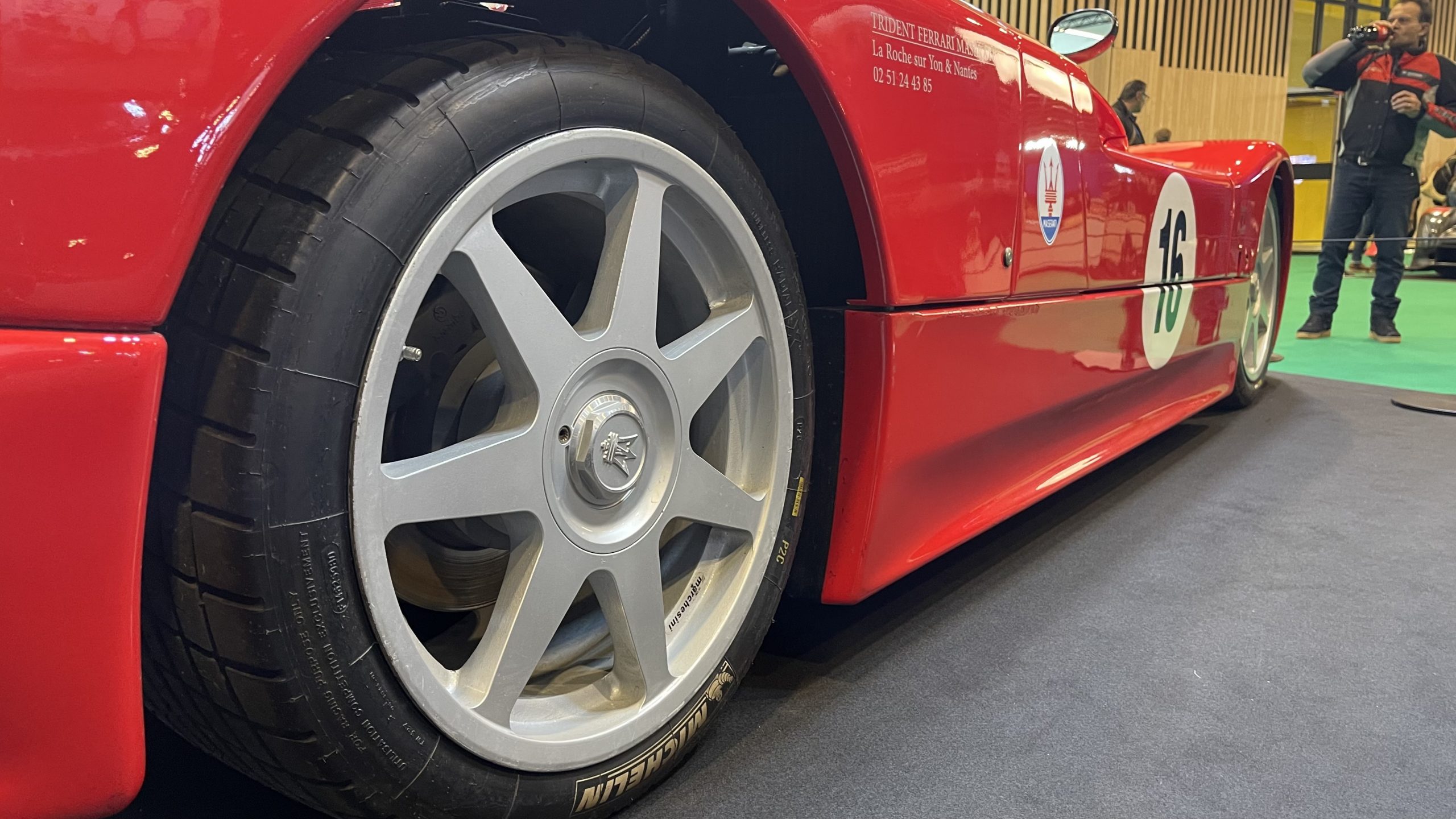
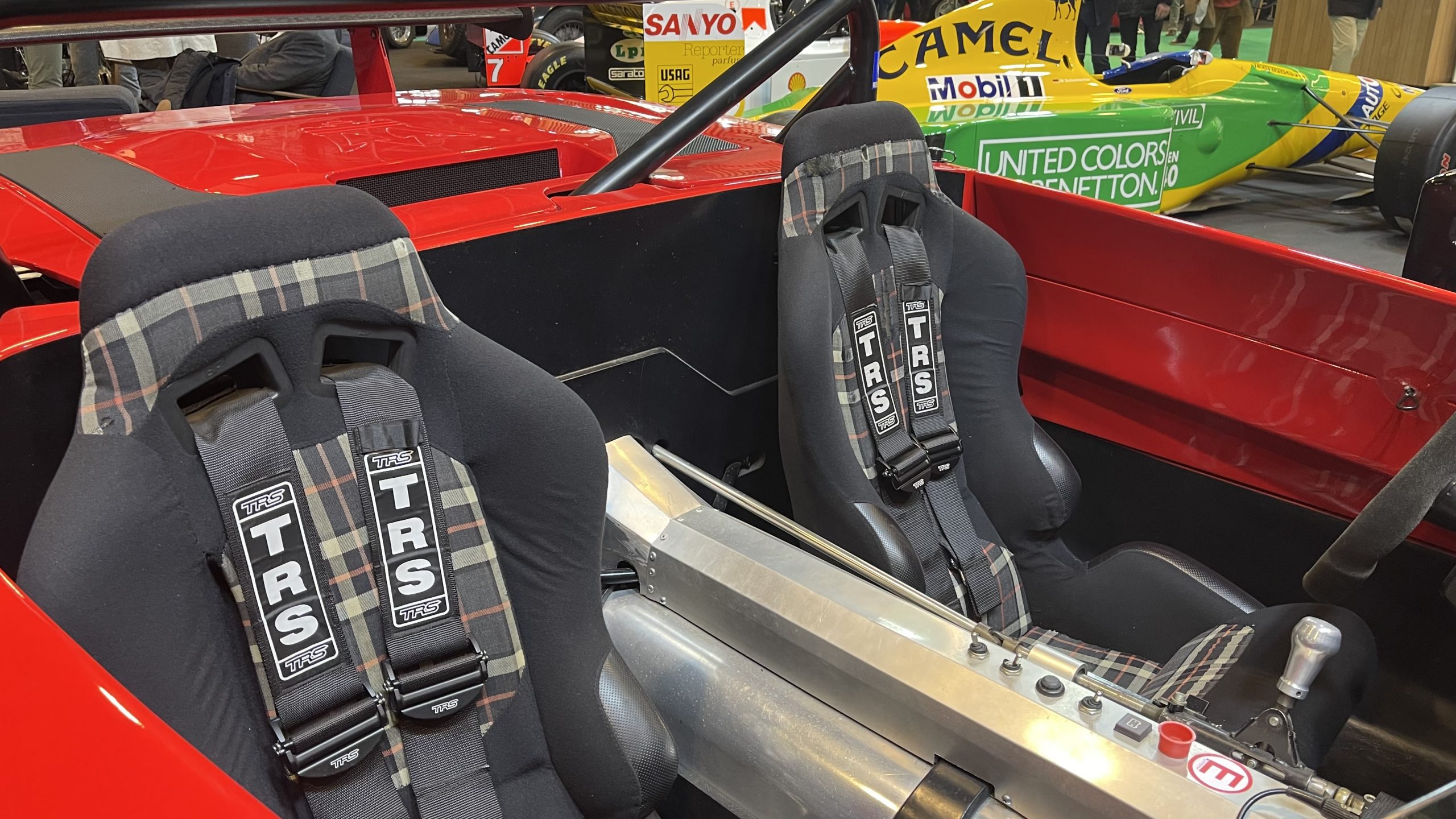
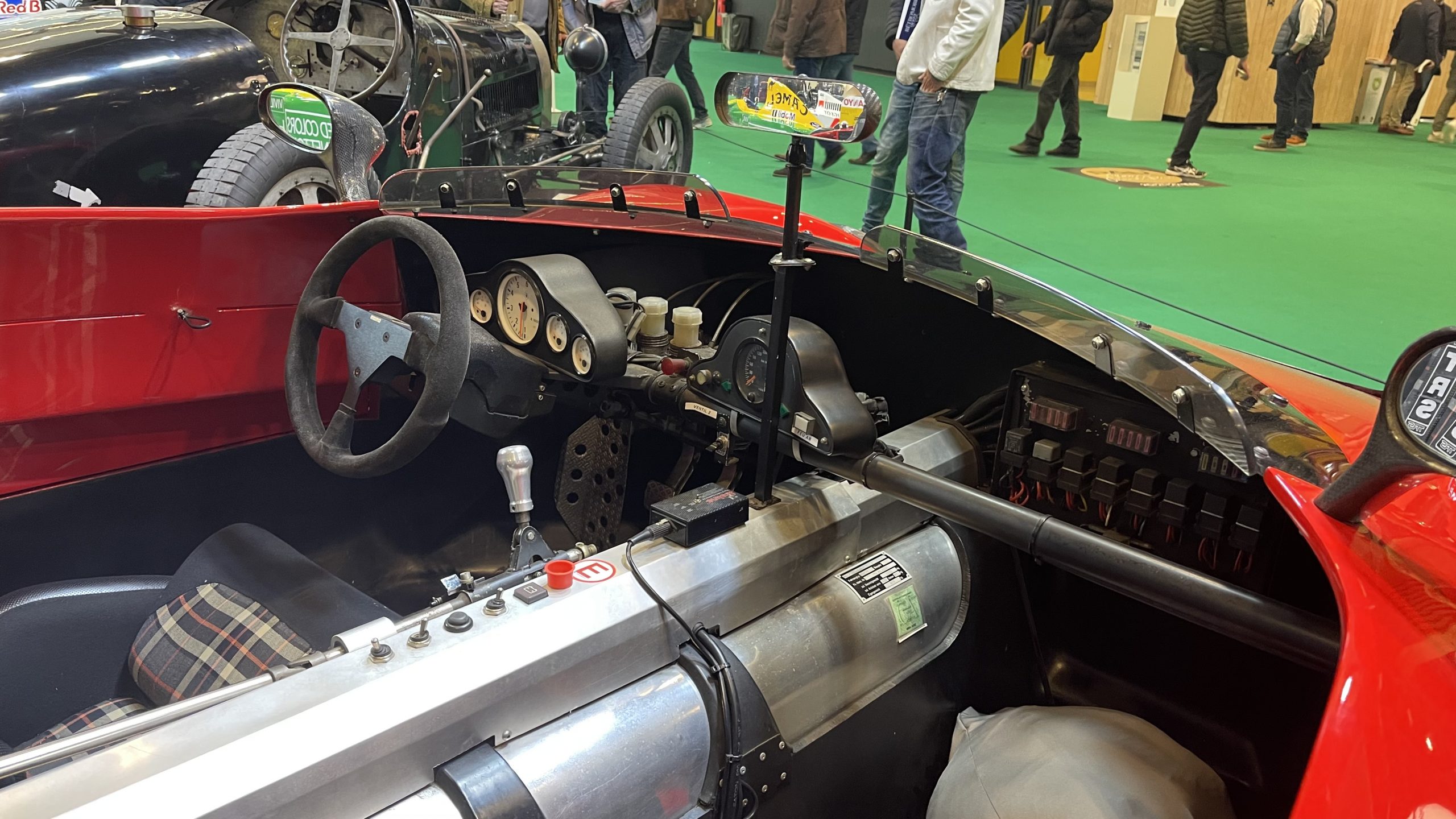
No more than 13 cars would ever appear on the grid at any one time however, and bigger problems were brewing. Alejandro De Tomaso suffered a stroke and sold his controlling interest to Fiat, which also owned Ferrari. Fiat had enough problems sorting out the Maserati factory and a race series was a distraction, so pulled the plug at the end of 1993.
The cars were eventually sold off. One of the ‘works’ cars was loaned to the Australian importer for promo duties, and then sent to the UK importer, Meridien, to be turned into a road car. Church Green Engineering, who’d worked on the Maserati barchettas of the 1950s, set to work making it road legal with Fiat Coupé headlamps, a speedometer, a road-friendly exhaust and further tweaks.
At least two other cars were converted for road use, one of which – chassis #LAD – is the car you see here. A German enthusiast bought it from its first, Italian owner, and had it converted to road use in a similar fashion to that of the Meridien/Church Green car. It spent some time in the UK before being sold to the current French owner, who uses it only on track.
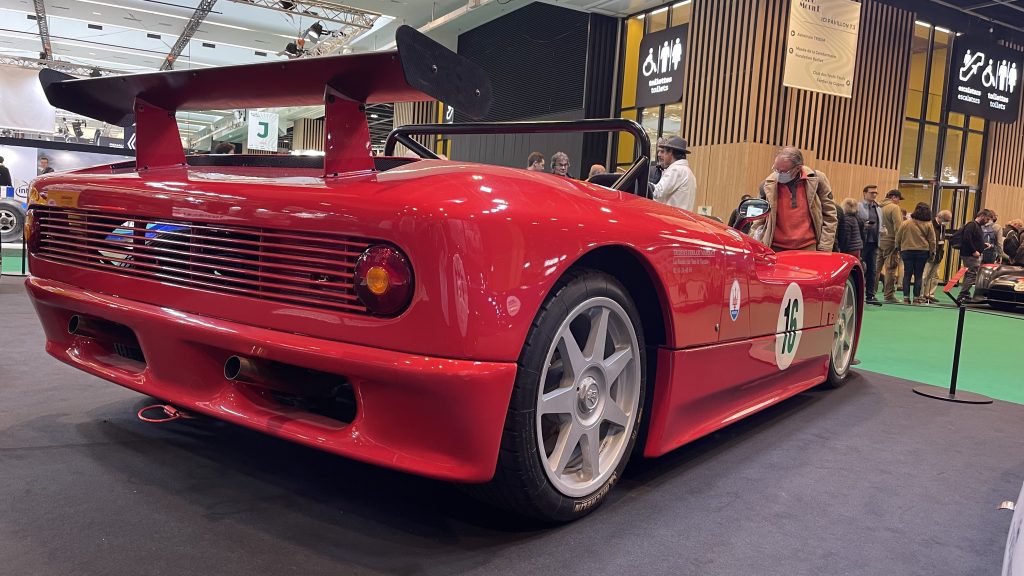
The underpinnings of the Barchetta lived on in the DeTomaso Guarà, restyled by Carlo Gaino. Ten were open top Barchettas and 38 coupés, while a further four convertible Spiders were built by Carrozzeria AutoSport. The Maserati engine made way for a 279bhp 4.0-litre BMW M60 V8 engine from an 840i, and later a 316bhp supercharged 4.6-litre Ford V8, while weight ballooned to 1200kg or so. Production ran until 2004 when DeTomaso went into liquidation.
The Barchetta is perhaps an apt way to view Alejandro De Tomaso’s Maserati legacy; flawed and completely at odds with rational sense, but exciting, engaging and pulse-superchargingly quick. It’s also the most extreme point on the much-maligned Biturbo spectrum, even more so than the Karif, Shamal and Ghibli Cup. Old-school turbos, 315bhp and around 700kg – that floats our ‘little boat’.
Read more
Top tridents: six magnificent Maseratis
Revenge is sweet: Maserati MC20 review
Cars That Time Forgot: Maserati Quattroporte II

